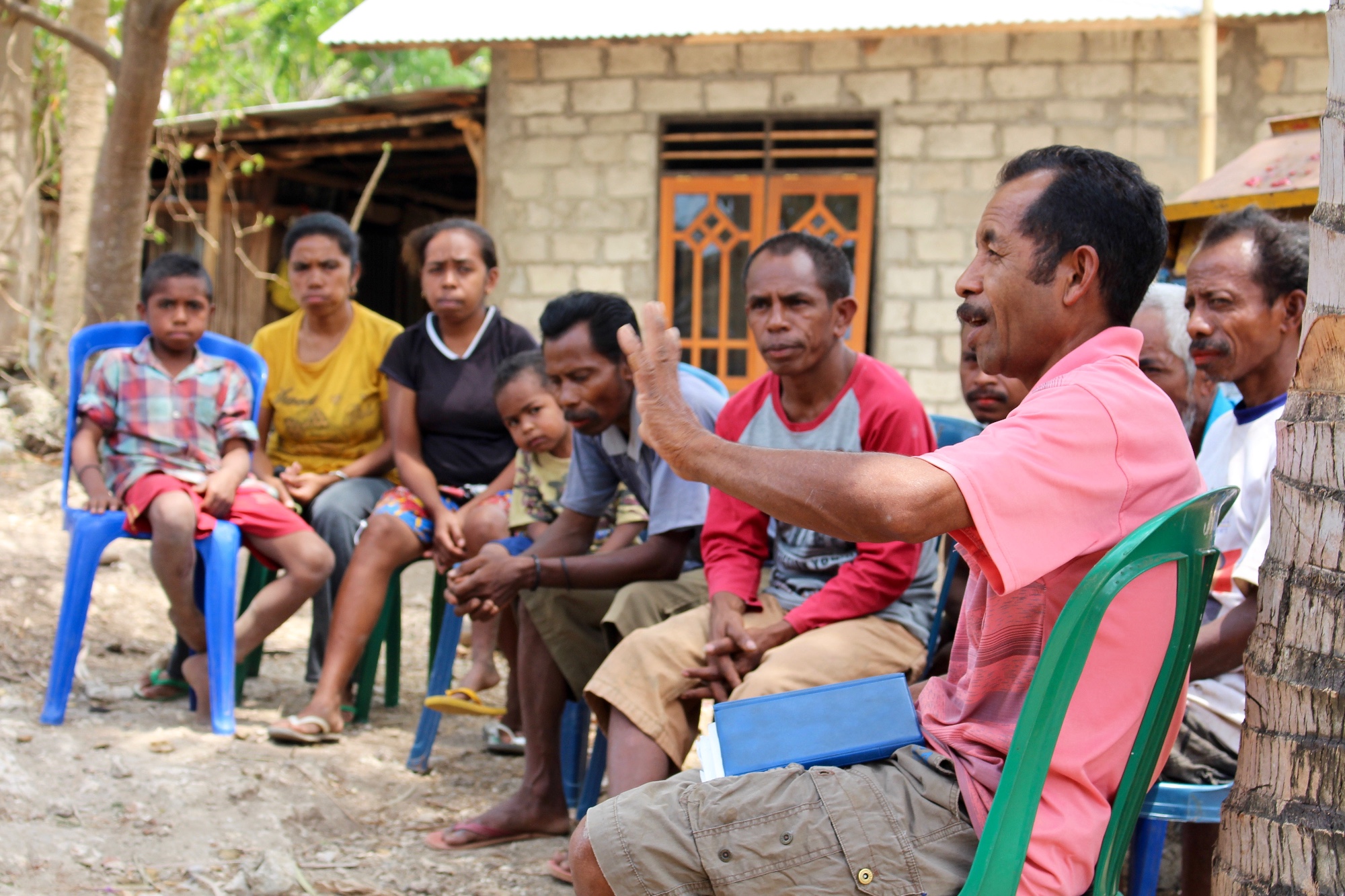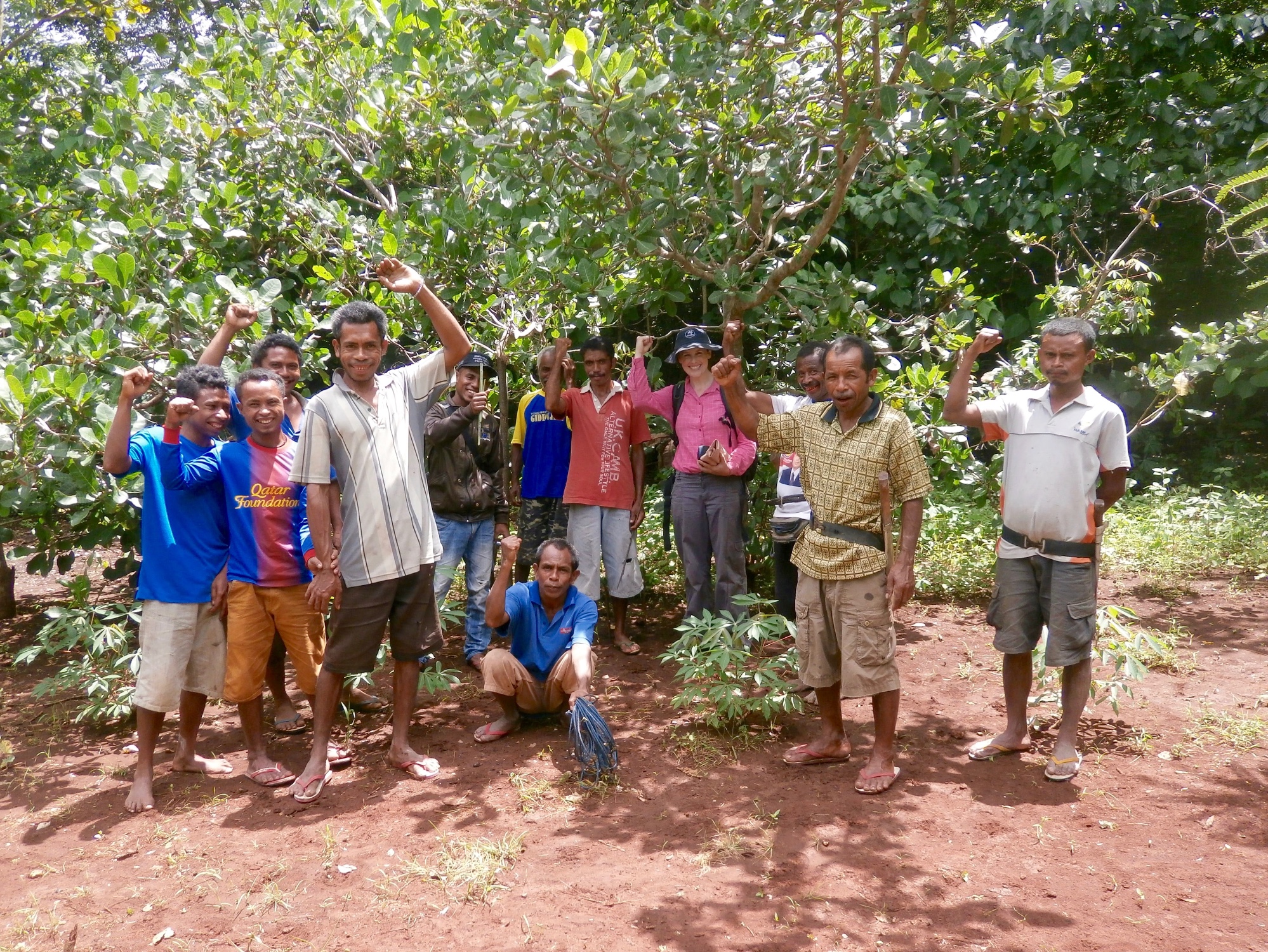Digging up advice on family, work and surnames
I’m being offered a lot of advice at the moment! In 2017 I’m getting married and having my first child and everyone seems to have opinions on both weddings and babies. But, this isn’t the advice I am looking for! Rather, I need advice on how to sustain my career through what will be a busy and disruptive few years.
Below is a summary of advice from colleagues that I’ve approached. Some you will agree with, some you won’t, but hopefully it will make you think!
1. Seek advice
When approached, people can be incredibly generous with their advice. Some of my colleagues have been very open about personal things like changing (or not changing) their surname, their decision to work full time or part-time and when the best time is to have children (apparently there isn’t one, just do what’s right for you). So, don’t be afraid to ask, there’s a wide range of advice and opions on offer!
If you’re not sure where to start, SAGE is a useful starting point. RAID also has a mentoring program; I had a great discussion with my mentor at ACIAR. If your interested in being paired with a mentor email raid@outlook.com.au
2. Stay engaged when taking a break from work
Keep in touch with colleagues; drop in to morning tea at the office, go to the work Christmas party, attend seminars and conferences or keep working on publications with colleagues. However you do it, keeping in touch will keep you upto date with current research and new projects or opportunities for when you return to work.
3. Publications
If you’re a researcher, be aware that the gap in the your publication record may occur after you return to work, not when you’re on maternity/paternity leave. This is because the time taken to publish papers means that papers you submit before you go on leave are likely to be published while you’re on leave. THEN, when you return to work, it may take you a year or two of research to start publishing again.

It takes time to convert research into publications, this field work I did 2 years ago is still in the process of being published
4. Part-time or full time?
It is suggested that it takes 10,000 hours of work to achieve mastry in a field. If this is true, then it will take you longer to become an expert in your field if you work part-time.Another thing about working part-time is that all the administrative duties take up a larger proportion of your time. For example, one day of training will take up 50% of your week if you work two days a week but only 20% of your week if you work full time. While you can be a part-time researcher, your career may not progress as quickly as if you worked full time.
5. What’s in a name?
Changing your surname is a very personal decision; I’ve received strong advice both for and against it! The majority of professional women now keep their surname when they marry and there’s lots of reasons for this, including publication continuity and maintaining the professional profile you’ve built around your name.However, there are also arguments for changing your surname, including a desire to have the same name as your husband and children.
What next?
For a brilliant read, pick up Mia Freedman’s “Work, Strife, Balance”, that talks about bigger picture issues such as “If you take time out of your career to have a baby, everyone wants to know when you’ll be back. If you return to work in less than six months, people wonder, ‘But how can you leave the baby?’”.
So there’s plenty of advice out there if you go looking. Collect that advice and then make the best decisions for you and your family!

How I’ve spent my time for the last few years (above) is definitely about to change!


